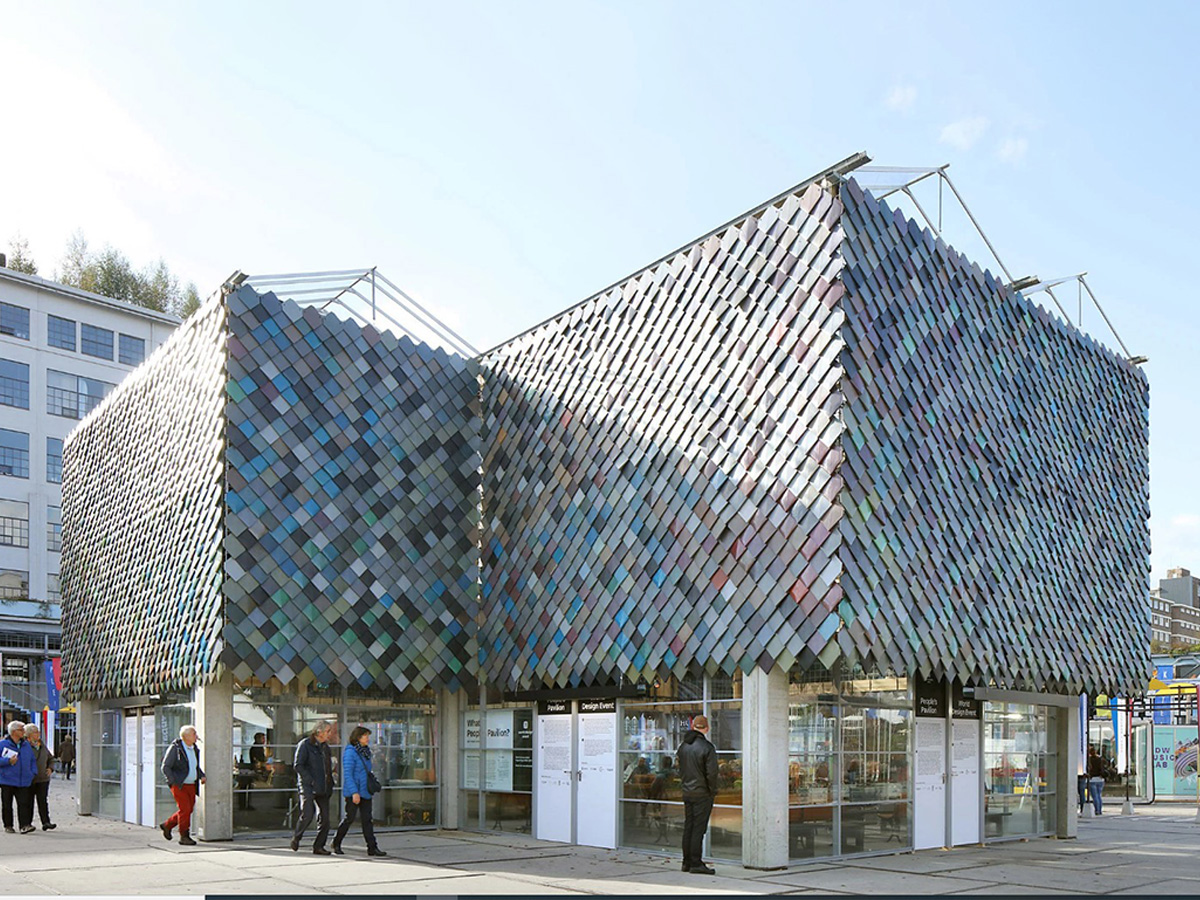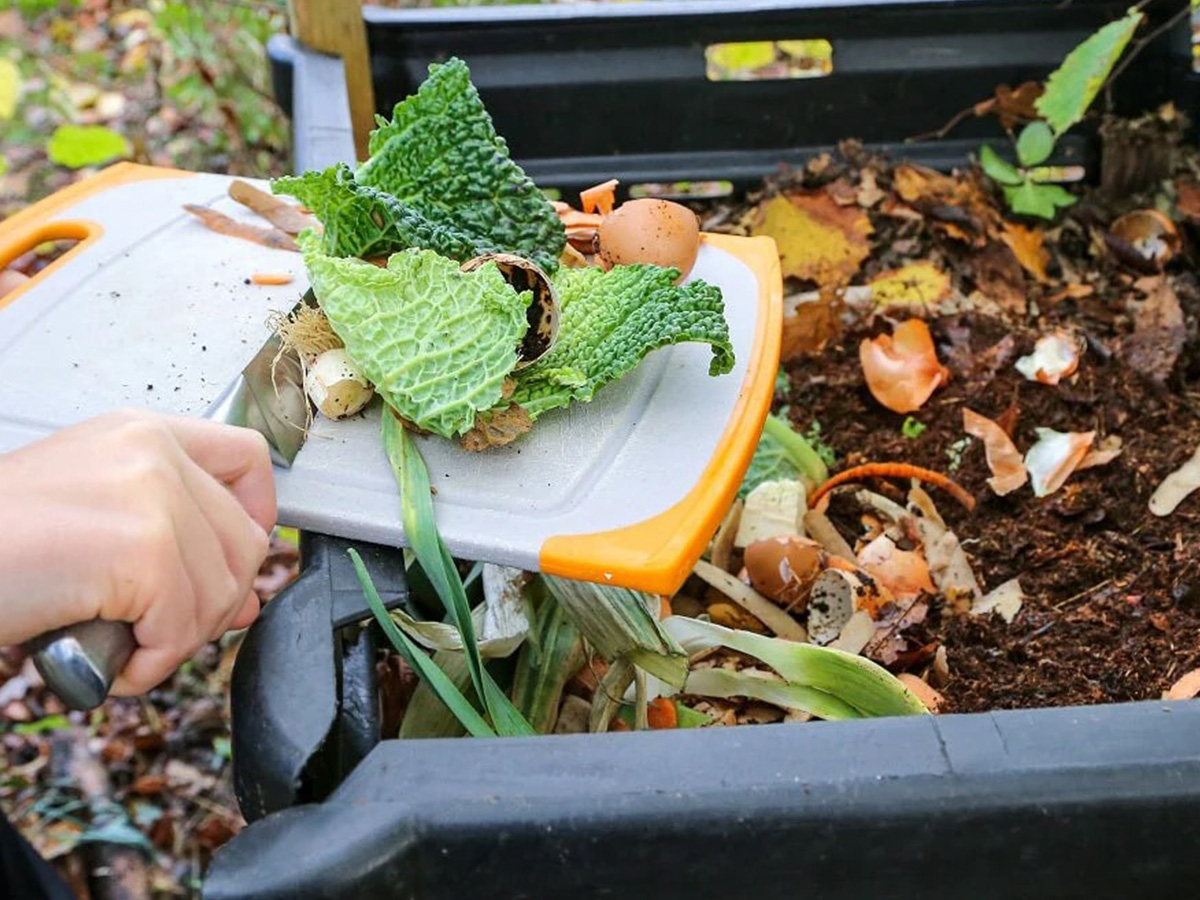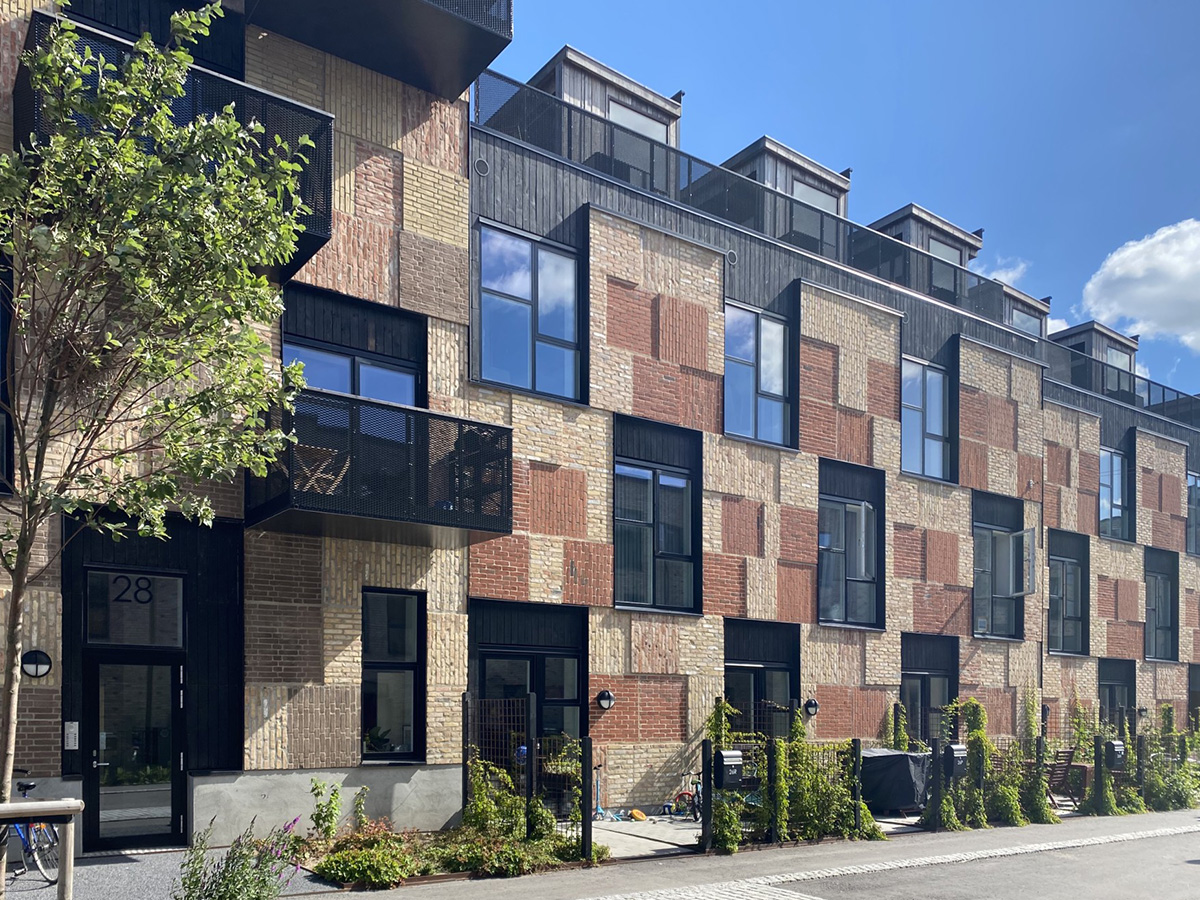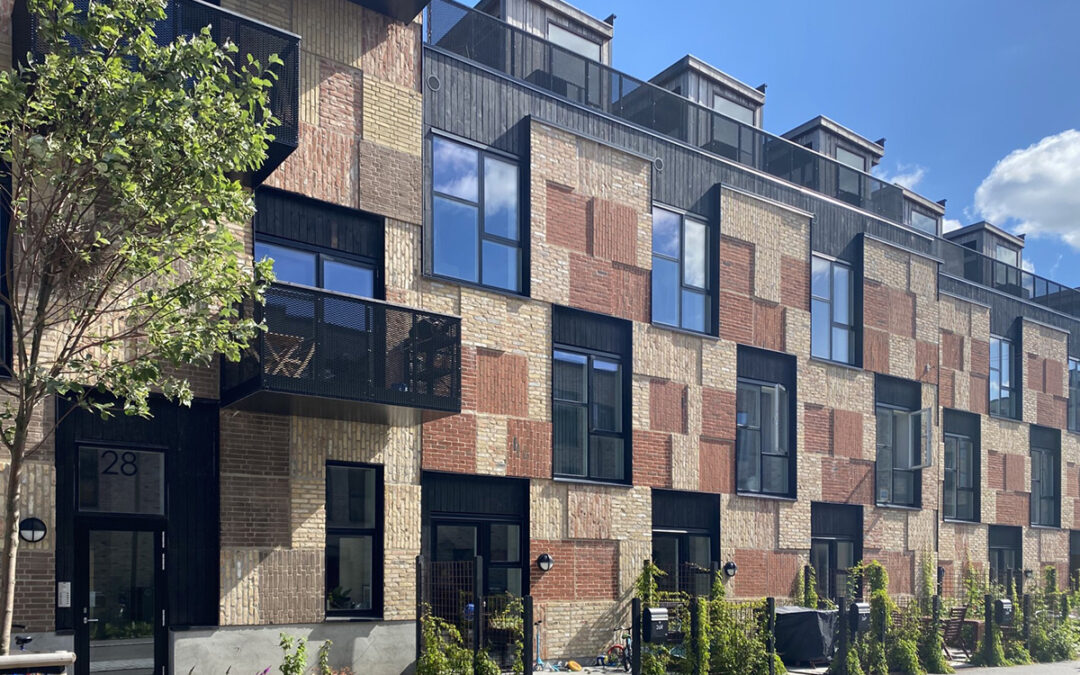The global climate crisis is no longer a distant threat; it is a present reality, marked by extreme weather events, rising sea levels, and disrupted ecosystems. In this context, seemingly mundane practices like recycling and composting become crucial tools in our fight for a more sustainable future. While often perceived as simple acts of environmental consciousness, they can play a vital role in mitigating the impacts of climate change.
Recycling, at its core, is about resource conservation. By transforming waste materials into new products, we lessen the demand for raw materials. This reduces extraction and processing, and translates to significant energy savings and decreases greenhouse gas emissions. For instance, recycling aluminum requires far less energy than producing the material from virgin bauxite ore. Paper recycling reduces the need for deforestation, preserving trees as vital carbon sinks. Moreover, diverting materials from landfills decreases methane emissions, a potent greenhouse gas produced during organic waste decomposition. In essence, recycling creates a closed-loop system, minimizing waste and maximizing resource utilization.

The People’s Pavilion boasts a colorful facade of shingles made from recycled plastic, as well as a wooden framework made from components from an existing structure.
Composting, the controlled decomposition of organic waste, is another powerful tool against climate change. Food scraps, yard waste, and other biodegradable materials, when sent to landfills, decompose anaerobically, generating methane, which is 40 times more potent as a greenhouse gas than carbon dioxide. Composting, by introducing oxygen into the process, results in the production of carbon dioxide, which is far less harmful than methane. Furthermore, compost can be used to enrich soil, improving its water retention capacity and reducing the need for synthetic nitrogen-based fertilizers. Healthy soil also sequesters more carbon, acting as a natural carbon sink. Applying compost to agricultural lands enhances crop yields and reduces reliance on resource-intensive farming practices.

The average person wastes about 20 to 25 pounds of food scraps per month.
The importance of these practices is magnified by the scale of the climate crisis. The sheer volume of waste generated by our consumer-driven society contributes significantly to greenhouse gas emissions. By embracing recycling and composting, we can collectively make a substantial impact. Moreover, these practices foster a culture of sustainability, promoting awareness and inspiring further action.

The project’s identity comes from its patchwork facade of reused bricks, repurposed through Lendager Group’s modular system to cut emissions by 70% and preserve its industrial heritage.
The urgency stems from the accelerating pace of climate change. We cannot afford to delay implementing effective solutions. Recycling and composting, while not magic bullets, are readily available and scalable. They empower individuals and communities to take direct action, fostering a sense of responsibility and agency. Governments and industries must also play their part by investing in robust recycling infrastructure, promoting sustainable packaging, and implementing policies that incentivize waste reduction.

Building made from recycled shipping containers.
To contribute to this effort, individuals can support the use of recyclable products while minimizing packaging waste, composting organic materials whenever possible instead of sending them to landfills, maximizing reuse, and minimizing trash production. Recycling should be done responsibly by ensuring that paper, metal, glass, and plastic bearing the “recyclable” logo are properly processed while avoiding contamination of recycling bins with non-recyclable materials, as this can cause entire loads to be diverted to landfills. Additionally, crushing recyclable materials helps reduce the space they take up, thereby minimizing fuel consumption during transport.

Embracing recycling and composting is not just an act of environmental responsibility but an investment in the planet’s health and our collective survival. We are all at risk, and therefore, we must all be part of the solution. We at A4 Architecture are committed to minimizing material waste, maximizing building longevity and help create a more sustainable world through outstanding design. Call us if we can be helpful in your efforts to do the same.
Ross Cann, RA, AIA, LEED AP, is an author, historian, teacher, and practicing architect living and working in Newport, RI. He studied Molecular Biophysics at Yale College, and holds degrees in Architectural History and Architecture Design from Cambridge University in England, and Columbia University in New York.
